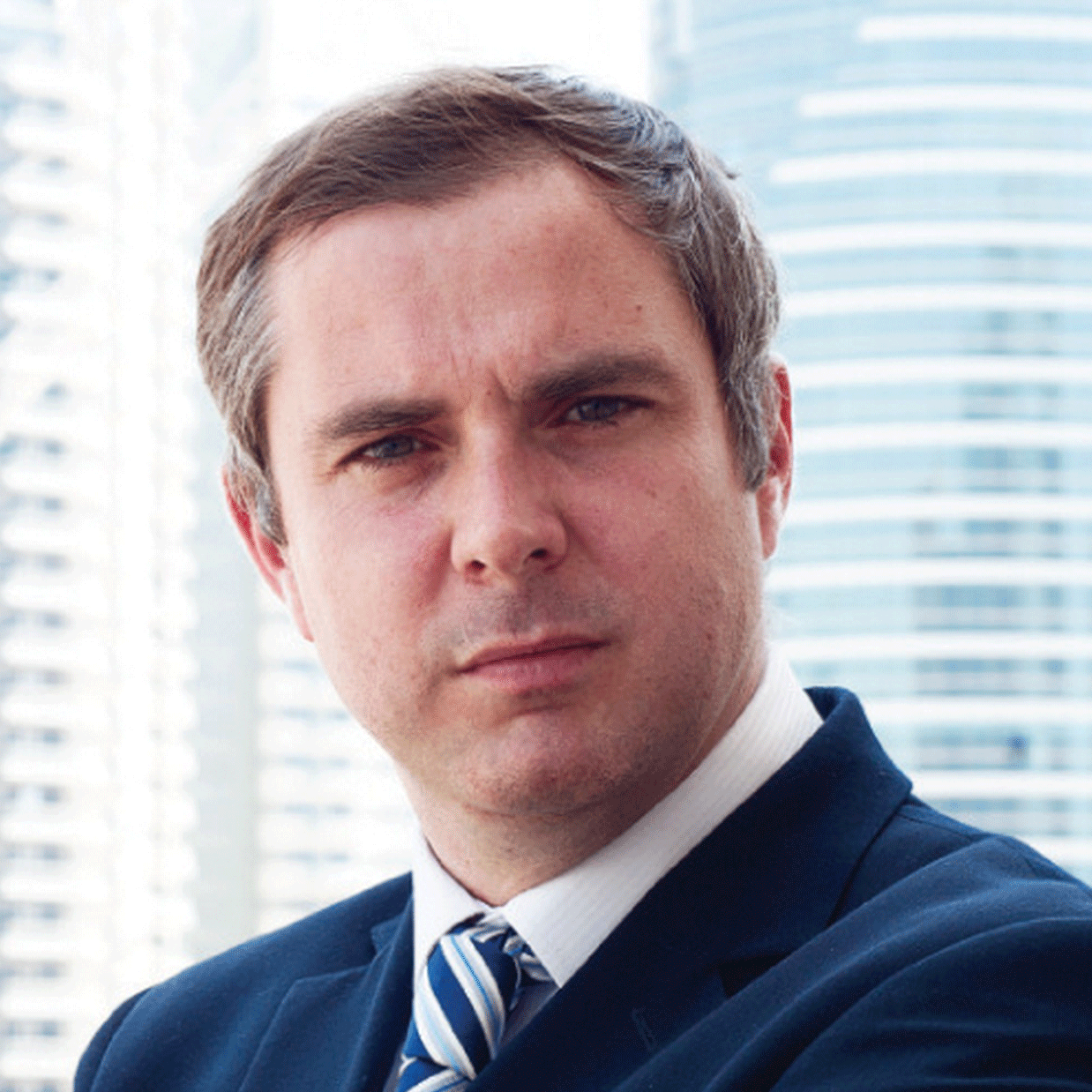Graham Nixon, Nixon Hire
Graham Nixon,joint-managing director, of explains why Nixon Hire is making a name for itself in the region’s rental market

Nixon Hire’s business in the Middle East has been gently simmering since first entering the Middle East via its Qatar offices at the turn of the decade, but you get the impression from managing director Graham Nixon that it is preparing to turn the heat up on the operation as it expands in the Gulf.
Rental companies have, arguably, been some of the main beneficiaries of the downturn. As budgets tightened, the flexibility they offer became much more desirable.
Rather than consolidating the business, Nixon Hire has been expanding on at least two fronts, the first in the UK, where it is increasing its depot network (following its ambitious 2020 Vision plan), and in the Gulf.
Alongside JCB and Speedy Hire (the revelations about that company’s activity in the region notwithstanding), it is one of the few successful UK companies to be active in the region.
“Part of the Vision was the Middle East,” he tells CMME at the PMV Live show. “Obviously opportunities come along and we have plans to expand. And one of those opportunities is in Saudi Arabia.”
The opportunity he refers to is a JV with Sheikh Hizam Zidan Al-Qahtani’s Al Jeri Transportation Group. Through it, Nixon Hire will open branches in Jeddah and Riyadh – ensuring the Newcastle Upon Tyne-based company is the first to open a new depot on the river Mersey and then the Red Sea. Meeting Sheikh Hizam came through its Qatari partner, he explains. Partnering with a group as diverse and well-connected as Al Jeri gives a route to market not only into construction but the oil and gas sector too, says Chris Britt, country manager and Nixon’s eyes and ears in the Gulf.
“Al Jeri contributes around 37% of Aramco’s transportation,” explains Britt. “It was the right place to start. We’ve also got a great location just 10 or 15 minutes away from the airport. We’re trying to explore the market, explore the right products and put the right stuff into Jeddah and really expand.”
Having secured a partner in the Kingdom, the next step is to breakthrough existing prejudices regarding the owning and renting of plant and fleet.
“People are so used to buying. It’ll be a challenge but I think that we’ll do it,” Nixon proclaims.
The operation itself will be familiar to those based in Qatar and the company will offer a similar range of brands including JCB (including 3CX’s and telehandlers), cabins, Yanmar rollers, portable toilets, and more.
As the UK ground to a halt (“The equipment just got worked harder and didn’t come back to the yards”) the company realised it could and should move further afield.
In hindsight, how does Nixon view that jump to Qatar, considering that it has been a disappointingly sluggish market since the country was awarded the right to host to the FIFA World Cup?
“It was a risk, a huge gamble,” he recalls. “We sent two guys from the UK out there to run it. We sent five containers of equipment out here: Bomag rollers, telehandlers, diggers, mini-excavators, literally a bit of everything as we didn’t know what machines (would be popular). We wanted to test the market, put some machines on hire: invoice, get paid, and follow it through.”
Nixon was soon some taking lessons on how to work in the Gulf. Invoicing was difficult, as “we’re used to 30 days and over there it was monthly,” he says before adding that it is now concentrating on a condensed line-up of skid steers, telehandlers, 3CX’s, rollers, cabins, toilets and tower lights (“our brochure in the UK is five-times thicker”.)
“When we got to a size of are we going to go for this or pull back, we went for it,” he states. “We approached Chris Britt, who is ex-Aggreko generators and in Kuwait at the time. He came across to run the business.”
Aggreko is a good example of how to run an equipment rental company in the region, and Nixon says that it is a model he admires.: “We know all the Aggreko lads, they’ve got a great brand.”
He continues: “At the minute we’re looking at our budgets for next year and a cash injection to really expand in Qatar. We literally get shopping lists everyday but we haven’t got enough equipment on the ground.”
He adds that he would also like to offer used equipment to the market.
“The ideal model would be for us to use the equipment in the UK for 12-15 months, then send it out to Qatar, use it for a year and then sell it, but we’re struggling to get second hand finance, which is proving virtually impossible. I’ve got a UK accountant in Qatar trying to sort it out. But we do still sell equipment.”
He does not expect to face the same issues in Saudi as Al Jeri can leverage its own connections in the local banks.
“I think Saudi will grow very fast,” he enthuses. “They (Al Jeri Transportation) want to be a big company in a short amount of time and we want to keep up with it.”
While Nixon Hire will be able to lean on its Saudi partner’s connections for business, he feels the company – as it has in Qatar – will be able to use its own expertise in marketing and customer relations to find new customers. He admits, however, that it is not always easy to replicate approaches that may work in Europe when in the Middle East.
“We’re very good at marketing ourselves, but you have to constantly keep your brand in front of them in a way that they understand what we’re doing.”
The issue of branding raises the thorny issue of whether or not Nixon Hire translates as a company name with customers more used to the term ‘rental’: “Our brand is Nixon Hire, but, over here, rentals the word.”
“Do you change it to Nixon Rental?” Britt questions. “Cat rents, Volvo rents, Hertz, they all use the word.”
Whether it changes it’s name to suit local tastes, Nixon has already proven itself as an adaptable addition to the market. Nixon sums up what is most important when it comes to establishing the company.
“I think our business is so different. We’re a family company and there is a lot of personality.”




















